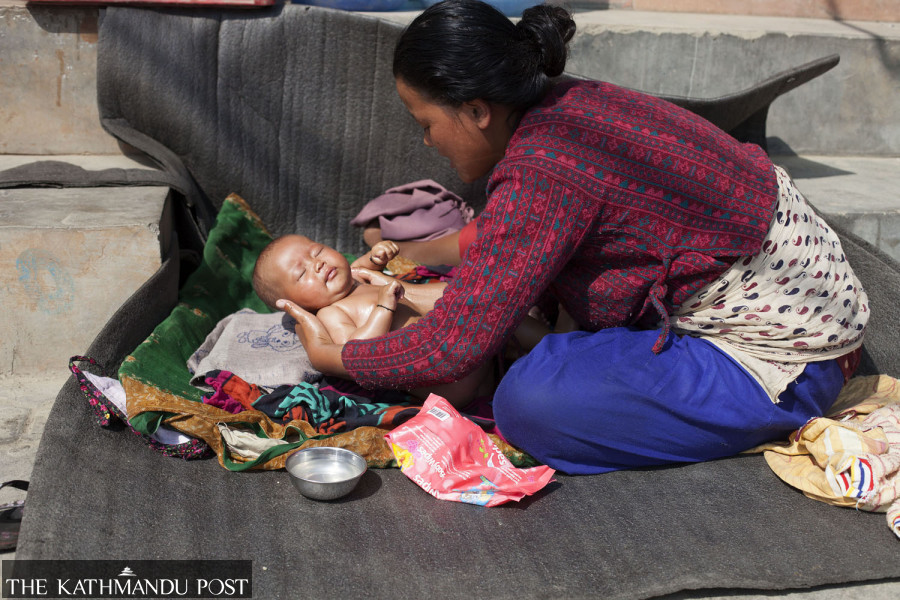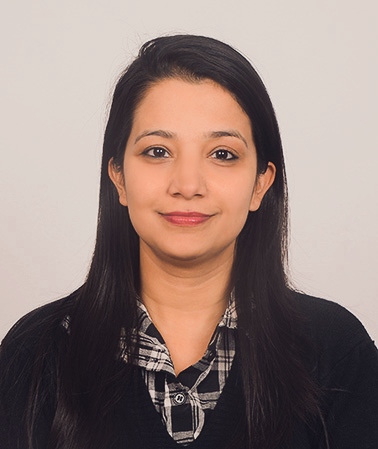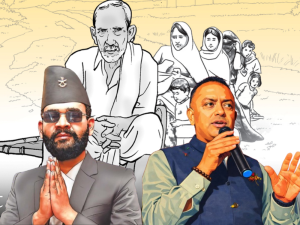Columns
Magic of breastfeeding
There is still a lack of awareness about proper breastfeeding techniques.
Dr Pallavi Koirala
As a mom of two, I believe in the magic of breastfeeding. However, the numerous challenges, including the need to be present 24/7 to provide adequate calories, sleepless nights and exhaustion, make the road far from easy. Amid the countless feeding sessions, the power of breastfeeding boosts the body and mind.
World Breastfeeding Week is celebrated every year in the first week of August. It is a time to recognise breastfeeding as a powerful foundation for lifelong health, development and equity. Under the theme, “Prioritise Breastfeeding, Create Sustainable Support Systems”, breastfeeding week is celebrated worldwide to ensure a hopeful future not only for children but for societies. In Nepal, where maternal and child health remains a focused area in public health, the breastfeeding week reminds us that we should promote early, exclusive and continued breastfeeding for both mother and baby.
Breast milk is a source of nutrition for infants up to six months old. It contains antibodies, enzymes and hormones that help protect babies from infection and support their optimal growth and development. Even after a year, breast milk remains a rich source of nutrients, providing essential proteins, fats and antibodies that help promote growth and development. It adapts to the child’s needs by offering antibodies that help fight infections, allergies and illnesses, making them healthier. It encourages brain development and strengthens emotional bonds, providing comfort and security for the child. Long-term breastfeeding is associated with a lower risk of childhood obesity, diabetes and cancers for both mother and baby. It also helps in speeding postpartum recovery.
According to a study, early initiation of breastfeeding within the first hour of birth can reduce neonatal mortality by 22 percent. Exclusively breastfeeding for the first six months can prevent 13 percent of under-five deaths in low- and middle-income countries. As per the 2022 National Demographic and Health Survey (NDHS), in Nepal, 55 percent of newborns are breastfed within the first hour of birth, and 56 percent of children under six months are exclusively breastfed, showing progress.
Considering Nepal’s context, breastfeeding is deeply embedded in culture. It is believed to come naturally. Instead of focusing only on nutritional needs, it is viewed as part of the rhythm of motherhood. Modern challenges such as work pressure, busy schedules, urbanisation and formula marketing make it more difficult. Behind these challenges are mothers doing their best in a world that often overlooks the extent of their support needs. Not every mother has an easy journey. Many face issues like a difficult latch, cracked nipples, engorgement, low milk supply and other medical conditions. Whether breastfeeding, expressing milk, or using formula, the most important thing is that the baby is loved, nourished and thriving. Every mother deserves informed choices, respect and support without guilt or shame.
Nepal has made commendable efforts in promoting breastfeeding. Baby Friendly Hospital Initiatives (BFHI) are in place in most of the hospitals across the country to encourage mothers to initiate breastfeeding within an hour of birth. The Labour Act 2017 mandates three months of paid maternity leave in the formal sector. Despite progress, we still have hurdles that we should all work on.
We still face challenges when it comes to working mothers, especially in the private sector, with limited access to maternity leave. There is still a lack of knowledge about proper breastfeeding techniques. We are still embedded with cultural myths and taboos regarding colostrum, breast milk and restrictions to the mother’s diet.
Promoting breastfeeding is not just a mother’s responsibility; it requires a collaborative effort from everyone. This includes families, communities and the entire support system working together to uplift mothers. Utilising the influential role of Female Community Health Volunteers (FCHVs), we can enhance support for mothers. Providing FCHVs with training in lactation counselling, early initiation and exclusive breastfeeding—along with addressing similar challenges—can make a significant difference. Engaging family members, including fathers and grandmothers, in community sessions can gradually make breastfeeding a shared responsibility. Local governments can promote breastfeeding by creating breastfeeding corners in public places to allow mothers to feed comfortably. Misinformation, such as discarding colostrum, giving honey and gripe water, or offering plain water to babies, can be reduced through education of community leaders and local health workers.
At the national level, we should integrate breastfeeding counselling into every visit for mothers, including every Antenatal Care (ANC), Postnatal Care (PNC), follow-up and immunisation clinics. Lactation counsellors should be well-trained and available in every hospital, as many mothers quit breastfeeding due to unaddressed challenges. We should also use and promote digital media campaigns in local languages to normalise and celebrate breastfeeding.
While emphasising the importance of breastfeeding, it is also important to acknowledge mothers who are unable to breastfeed for various reasons—medical or personal. Every mother’s journey is unique and what matters most is that the child is loved, fed, nourished and nurtured. Importantly, every mother should be treated with dignity and support, regardless of how she feeds her baby.




 13.42°C Kathmandu
13.42°C Kathmandu

.jpg&w=200&height=120)













